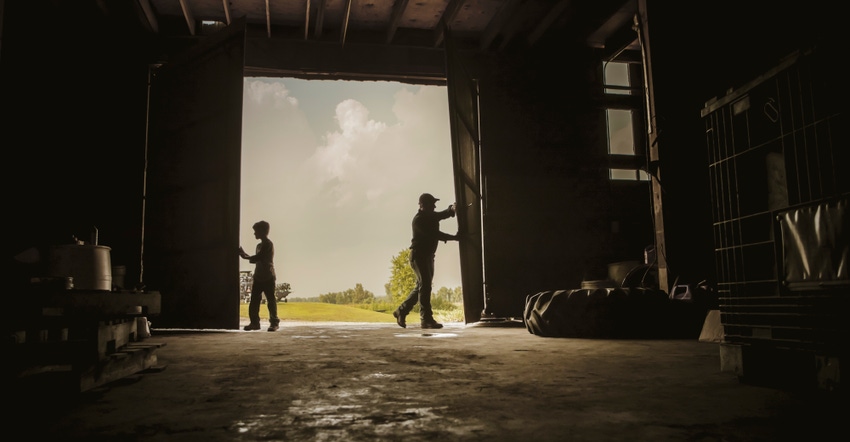June 24, 2022

There was a sign by the temperamental sliding door of my dad’s old Quonset hut-farm shop growing up. “If you can’t pull, push. If you can’t push, pull. If you can’t do either, get out of the way.”
That’s sage life advice right there.
Around June 13, an unverified video of dead, allegedly Kansas-based, feeder cattle made the rounds over the social sites. I was reminded of my dad’s shop sign and its wisdom as I read comments, unsubstantiated hot take after hot take, alleging some conspiracy or another was behind the tragic rows of dead cattle.
Everyone is entitled to their opinions. But unfounded rumors and blaming feedlot employees who are hurting with every dead animal aren’t helping the situation.
Some posts were from those in agriculture who profess to know better — some of whom have careers as influencers on social media, targeting rural folks. They have large nonfarm audiences and a sheen of credibility, so their hot takes sort to the top of the feeds of more people quicker than those of other less notable accounts.
The problem is if they aren’t pushing the truth, they’re in the way of it.
And if we share those unverified rumors, conspiracy theories or falsehoods — we’re in the way, too.
Gatekeeping
Now, this isn’t the first time that a lie has lapped the Earth while the truth was putting on its shoes. And, it’s certainly not going to be the last time either.
The social platforms are designed to give each user the ability to be a “gatekeeper” of information for their friend groups — it feeds our dopamine kick and our human need to be liked, or to be first. They give that duty, but they don’t train anyone on how to do it responsibly.
Most people have good intentions online, but they may get caught up in a trending topic. I, myself, have posted a hot take that I regretted before. It happens to those of us with the best intentions.
Take a beat
I cannot stress this enough: You can share what you want. Raise questions if you want. That’s your prerogative.
But before you do, maybe take a beat to go through some simple gatekeeping decisions.
Figure out who the original poster is, and what their motivations might be. Don’t get fooled into sharing something from an organization or an individual that’s anti-agriculture.
Do a little digging to see where else the post has been shared, and if someone already debunked it. Technology can make videos that fool anyone these days.
And, make sure you’d stake your personal reputation on the post. I write this knowing full well you may read it over the Kansas Farmer or Farm Progress social accounts online before it reaches the printed page. And while I’m not perfect, I can make you this promise — if you see something posted from this publication or the Farm Progress family of publications, it has gone through a rigorous vetting process.
And if I’m wrong, I’ll own up to my mistake.
Pull together
Ultimately, we need to develop these simple gatekeeping skills to help ourselves. You may not agree with every farming method being used, and I’m not asking you to.
But the public doesn’t differentiate one farmer from the other. Farming is farming to them. And when they see farmer infighting online, they develop their own misconceptions.
Agriculture already has an uphill battle with those who want to dictate how and where, and with what means, we raise the food, fiber and fuel of this nation. Maybe don’t do the naysayers’ work for them and legitimize falsehoods and unfounded conspiracy theories by sharing them on your accounts.
Let’s pull together, OK?
You May Also Like




